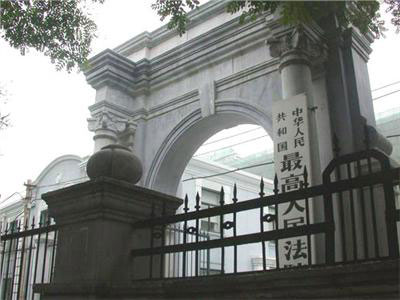Harsh penalties to deter use of industrial gelatin
(China Daily) Updated: 2016-08-04 07:55
 |
|
A file photo of China’s Supreme People's Court (SPC). [Photo/Xinhua] |
Police officers in Northeast China's Liaoning province recently seized more than 6,000 kilograms of food containing industrial gelatin that had been sold to more than 1,000 businesses or shops. Industrial gelatin is banned for use in food as it may contain high levels of heavy metals that are harmful to health. Beijing Youth Daily commented on Wednesday:
Industrial gelatin is quite similar to edible gelatin in terms of taste and effect, but it is about one-quarter the price, thus many unscrupulous food producers use it.
Industrial gelatin contains lead, mercury and other heavy metals that can damage the liver, kidneys, blood and skin. It can also cause cancer.
Although some point out that these heavy metals can only affect human health after long-term accumulation, the harmful effects of ingesting industrial gelatin are well known. Its use in food has been banned by the National Health and Family Planning Commission, China's top health authority.
However, it is hard to detect industrial gelatin in food, so strict management in each step of the production chain is essential to eliminate the possibility of it entering the food processing industry.
And to deter food producers from using it, the regulators must increase the penalties on those found guilty of using it in their products. Only zero tolerance to the illegal use of industrial gelatin can guarantee food safety.
At the same time, efforts should be made to find ways to detect industrial gelatin in food products.

In our daily life, more and more loanwords appear and change our habits in Chinese expression. Loanwords sound very similar with their original English words, and the process of learning them is full of fun to foreign students.

It has been a while since I've contributed to this Forum and I figured that since now I am officially on summer holiday and another school year is behind me I would share a post with you.










